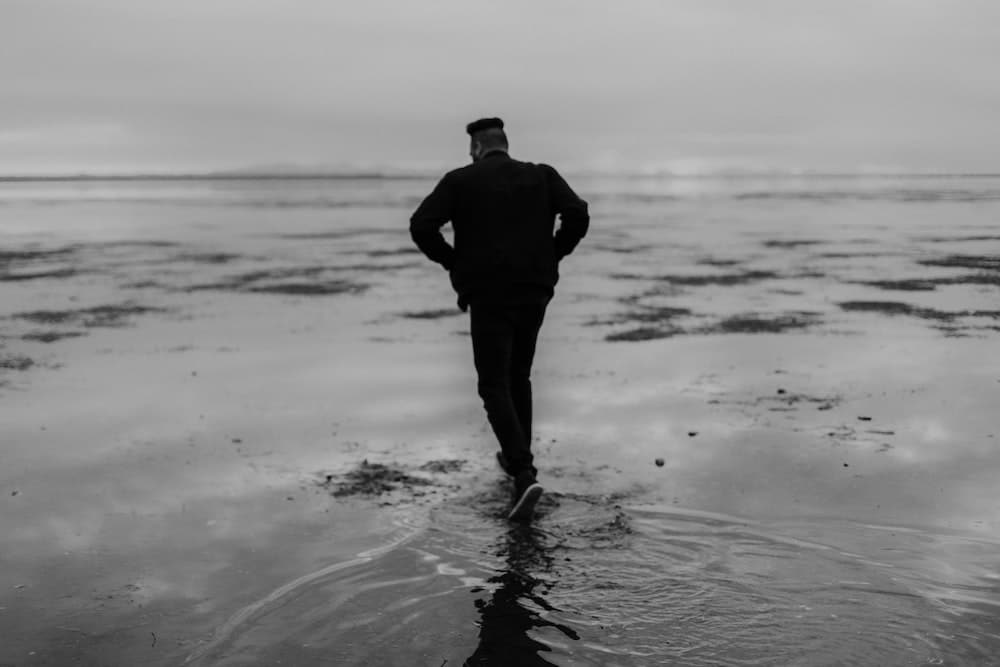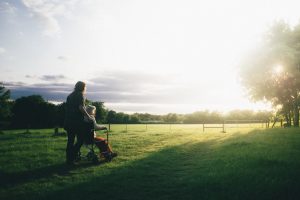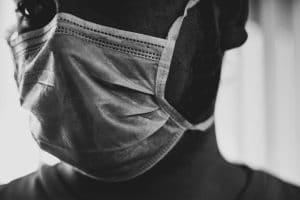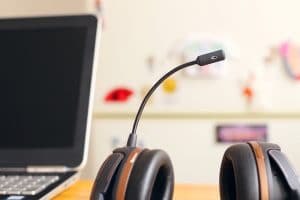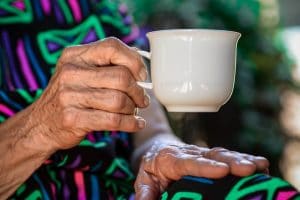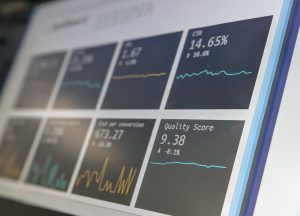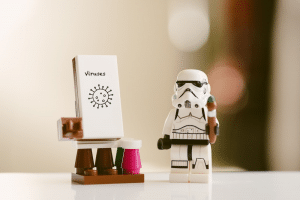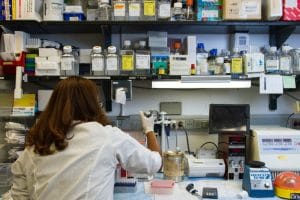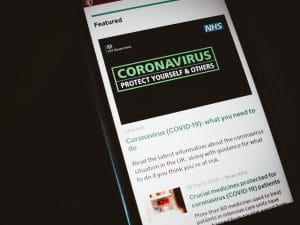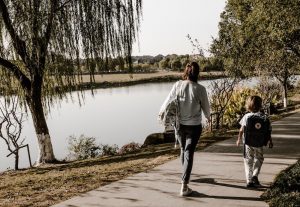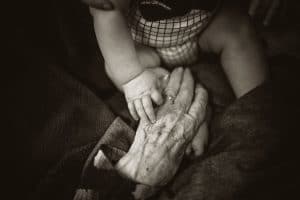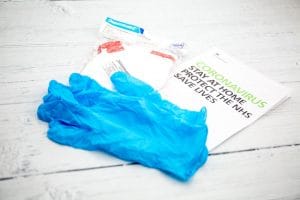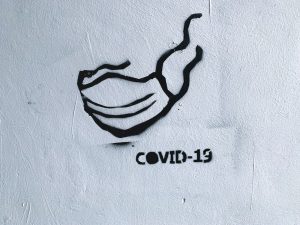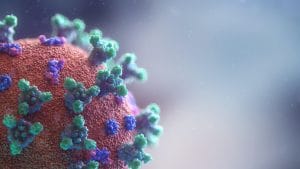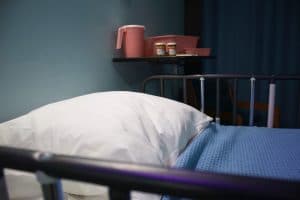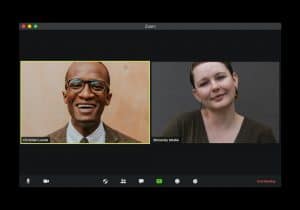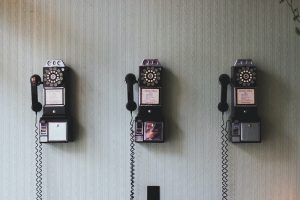"People living with long COVID symptoms should be encouraged to seek support from primary care, and primary care clinicians must be responsive to patient need." - Carolyn A Chew-Graham and colleagues provide a summary and analysis of long COVID patient care, presenting
Louise Stone (@GPswampwarrior) is an Australian GP with clinical, research, teaching and policy expertise in mental health. t would be nice if the world of mental health fell neatly into a taxonomy. It would be nice if we could, as Plato wrote,
Public Health England’s two reviews on disparities in COVID-19 failed to address the significantly higher proportion of ethnic minority healthcare workers who tragically died from COVID-19, and provides no detailed road-map to tackle these inequalities in the future. Reflecting on these uninspiring
The vulnerability and medical complexity of our care home residents means their clinical care is often challenging. However, with the emergence of COVID-19, the scale of this challenge has increased significantly with primary care support becoming predominantly remote and care homes asked
We had to create a monster. A monster so huge, and so terrifying that we were sufficiently motivated. So, we the shielded, are being asked to move from essentially no risk, to an undefinable, unguaranteeable low risk situation. I am immensely thankful
Well-respected epidemiologists predicted, from the outset, that the societal, economic and psychological harm from the unprecedented COVID-19 lockdowns was likely to be far greater than the perceived risk of death. However, such views were lost in the narrative of fear that predominated
Immediate action is needed to consider how we deal with the surge in ‘hot’ paediatric patients this winter. We need to make it clear to parents that GPs and A&E are open for business and create a safe, easily accessible system by
The BJGP has been publishing brief reports on innovations on the BJGP COVID-19 Clinical Solutions rapid communications platform. There are now around 30 reports sharing good practice, new processes, and practical ideas to help improve care during the pandemic.
Navigating the daily deluge of new information relating to COVID-19 is a significant challenge for both patients and professionals. With alarming statistics released regarding the inaccuracy of much of this information, it falls to healthcare professionals to help distinguish credible sources and
Evidence suggests that unemployment is associated with an increase in mortality and morbidity. In light of this evidence, Samar Razaq assesses whether a return to work could help to avoid an even greater disaster during the COVID-19 pandemic.
During the COVID-19 pandemic the UK government provided daily briefings, none of which have featured the opinions of behavioural or social scientists. While GPs continue to care for their patients, they must be supported and given the tools to assist their patients
Remote, quick, impersonal, call centre medicine is not general practice. It may work for a subset of patient queries, for minor ailments, but for the rest, understanding the patient's needs, perspectives and priorities as well as the context in which they live
In the current COVID-19 pandemic, many (including world ‘leaders’) have been tempted to abandon the ideas of evidence based medicine of needing clinical trials to justify the use of treatments. This is a mistake.
COVID-19 has all but ensured that primary care will never quite be the same. This includes the way in which we care for our nursing and care homes. It is important that we take the positives from the virtual ward round that
The terrible direct and indirect impact of the COVID-19 pandemic on our elders living in care homes demands our attention and clinical scrutiny. We must continue to scrutinise the effectiveness of virtual assessment of our older patients with thorough clinical governance processes.
COVID-19 has forced enormous numbers of workers into working from home and students into remote learning worldwide. The infrared radiation emitted from laptops can cause erythema ab igne. Increasing awareness now may prevent case occurrence or save time and stress later.
The Appointments in General Practice data available on the NHS Digital website collects data on the activity recorded within appointment systems. We cannot rely on the experimental data that has been collected over the last two months, but now that we are
In the UK, people living in the most deprived areas have twice the mortality rate from COVID-19 as those in the least deprived areas. The pandemic offers a 'compassion window' of societal, political and professional awareness and willingness to act, and general
Simon Morgan offers up a second dose of his handy primer on virology to get you up to speed with some of the lesser known facts about viruses and their mitocycles.
As primary care physicians we are likely to have an important part to play in determining who is tested and when. Impressively high sensitivity and specificity numbers, therefore, have to be interpreted with caution. As GPs we need to be aware of
Additional COVID-19 pressures of increased demand and reduced workforce has meant novel solutions have been necessary. We employed medical students, someone from NHS England, and a retail manager. It has been heartening to see others step forward to support general practice.
We must recognise that as clinicians we are involved in creating a new disease. We must be conscious that the way that we communicate symptoms and risk with each other and our patients has wider implications beyond the immediate clinical situation. Our
Back in 1987, Roger Neighbour wrote his seminal textbook The Inner Consultation. Neighbour theorised that the general practice consultation was "a journey, not a destination", and proposed five ‘checkpoints’ along the way. Simon Morgan explores them for the COVID-19 world of remote
Perhaps there is one silver lining to this disaster. Perhaps restriction has stimulated an appetite for change, a desire to be more active and healthy. It seems as though restriction has triggered change, a desire to be more active and healthy.
The coronavirus epidemic has forced GPs to implement remote consultations, minimise face-to-face contacts, keep our distance and put an end to shaking hands. This mandatory distance between doctors and patients, has shown us the importance of touch in our healthcare system.
The publication of this new anthology of poems by NHS staff could not have come at a more apposite time. The coronavirus pandemic has highlighted the vital role of the NHS and the dedication of its staff in both community and hospital
Cummings is the third senior figure involved in dealing with the pandemic to have broken the rules, and the fallout has added to the litany of incoherent messaging, opaque decision making and fumbling management that has characterised the handling of the crisis.
A day does not go by where I do not speak to patients suffering from anxiety in one form or the other. The untold harm being done to their mental health does not make the daily evening government briefings. Other health phenomena
New Zealand doesn’t always appear on world maps but the country has been centre stage during the COVID-19 pandemic thanks to its success in flattening the epidemic curve. Here’s my take on New Zealand's COVID-19 journey to date, its impact on general
The concept of the family doctor has helped to create a false dichotomy: between medical science and technology on one hand and caring and compassion on the other. Yet those heralding the transformation of general practice should beware of what they wish
Simon Morgan offers some little known facts about viruses with a handy mini-primer on virology to get you up to date (at least since that last lecture in medical school).
Practising medicine was wearing me out. Trapped under referrals, a witness to patients' unsolvable tragedies and angered by poor funding, I had begun to question whether this was still my life’s work. My renaissance came in the most unexpected of ways.
Will the COVID-19 pandemic trigger the expression of HERV proteins in some patients and lead to the emergence of new diseases as it wanes, just as occurred after the 1918 flu pandemic?
Coronavirus is exposing and exaggerating deep inequities in our society. Even though it is clear that viruses do not discriminate, data from across the US and UK demonstrate that the neighbourhoods of colour are impacted differently by COVID-19.
Do you find remote consulting tiring? There is no argument about the current utility of remote consulting but we must recognise that we are thinking differently, and then to ask why and at what cost? We should explicitly recognise the effort in
Many GPs and NHS staff have died from COVID-19. Whether our colleagues contracted the virus at work or whether they were provided with adequate protection in their workplaces is, at present, not known. Without adequate investigations into these deaths, these questions will
The lure of new video consulting technology is enticing. Nationally recognised figures have even suggested that video consulting is just the same as a face-to-face consultation, but with some added tech at the beginning. It is not that simple. We publish guidance
Whilst humanity has been on lockdown, air quality in major cities around the world has significantly improved. It is a chance to reflect on how we have allowed our air to become so dirty, and why it has taken a global pandemic
Whilst the COVID-19 pandemic has caused disturbance to primary care education for medical students across the country with GP placements being cancelled, it offers potential for long-term benefits.
As the UK COVID-19 lockdown came into force, medical students across the UK were sent home from their respective universities and teaching hospitals. Incorporating medical student volunteering into general practice can be of great benefit.
GPs know that communication is the glue that holds medicine together; from building trust to getting to the heart of a patient’s problems and working safely as a team. In the current COVID-19 crisis, effective communication has become even more critical. We’ve


